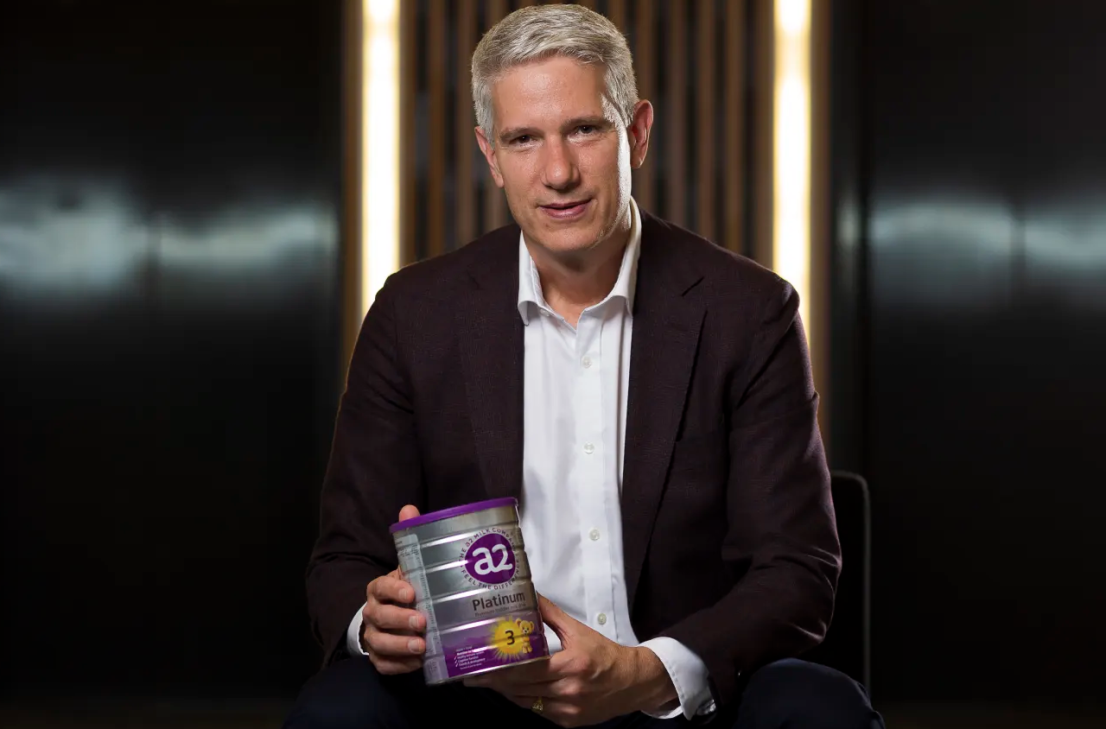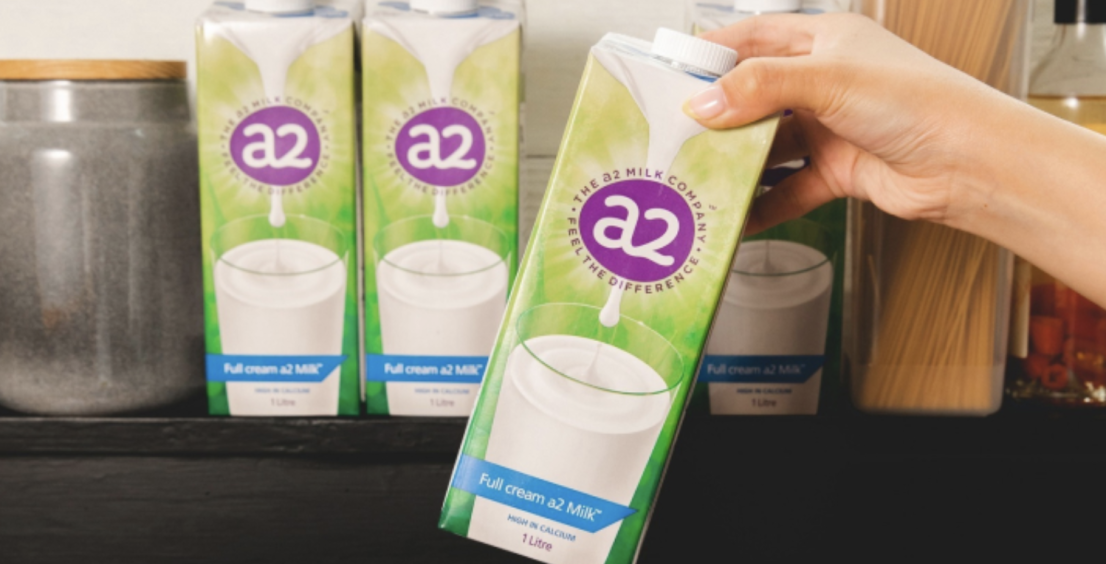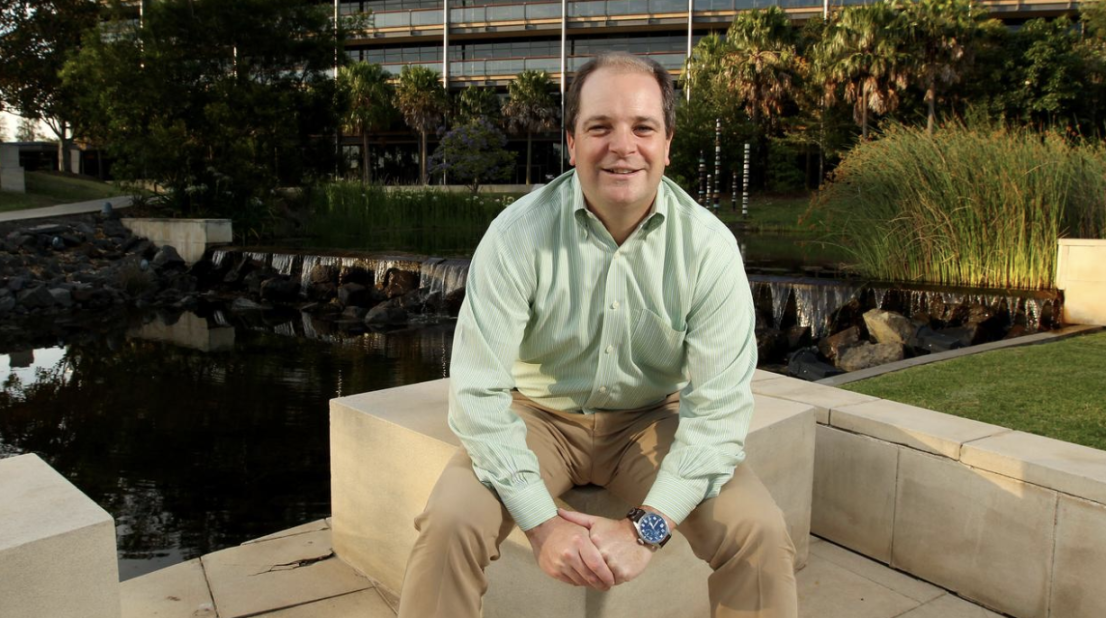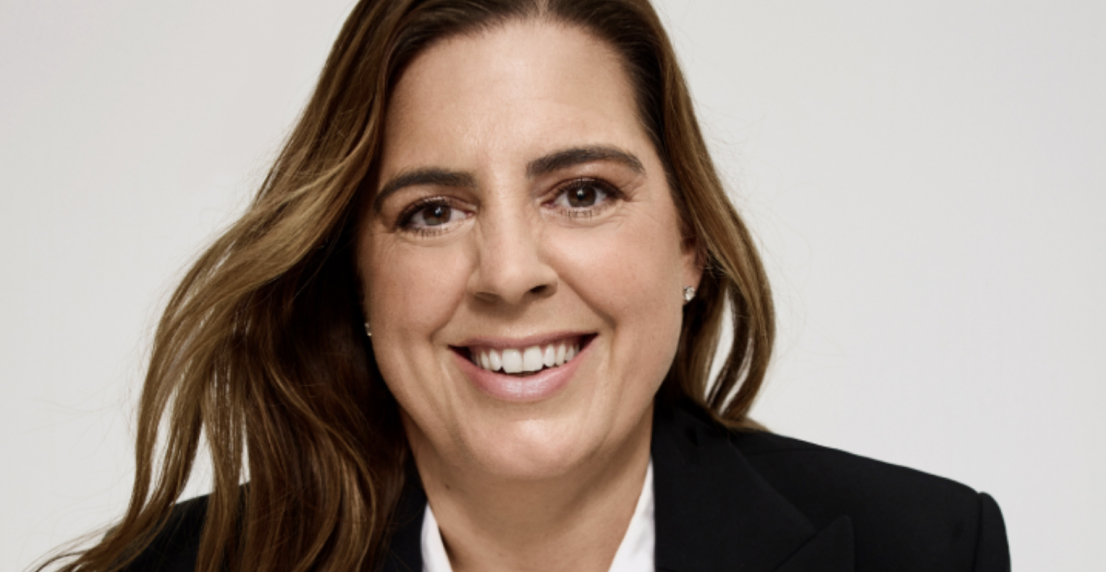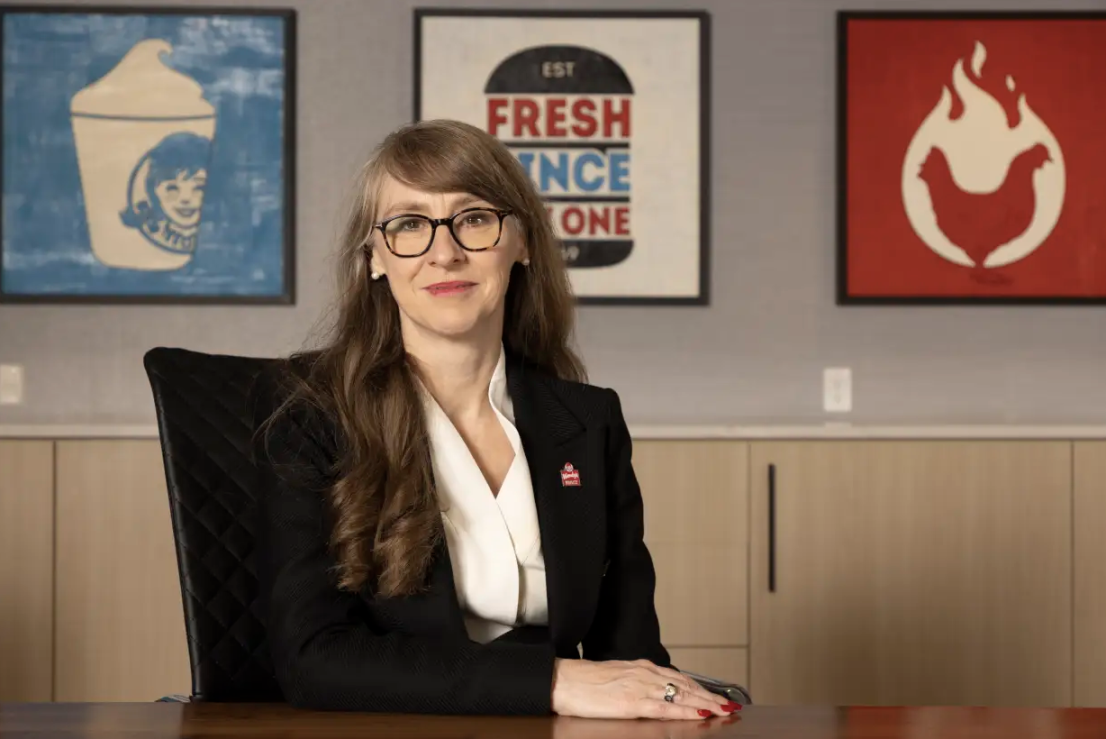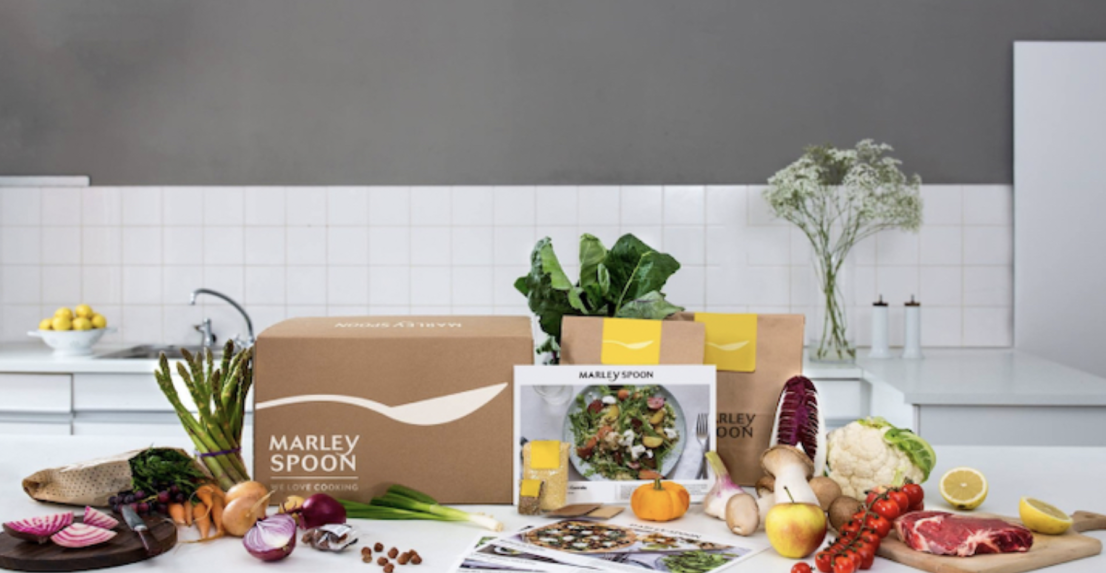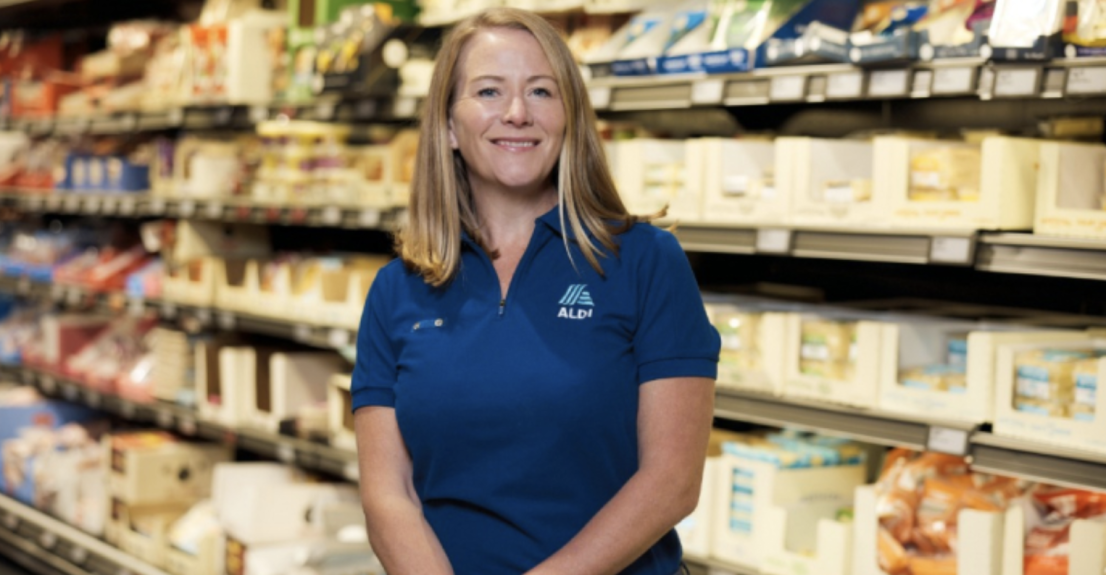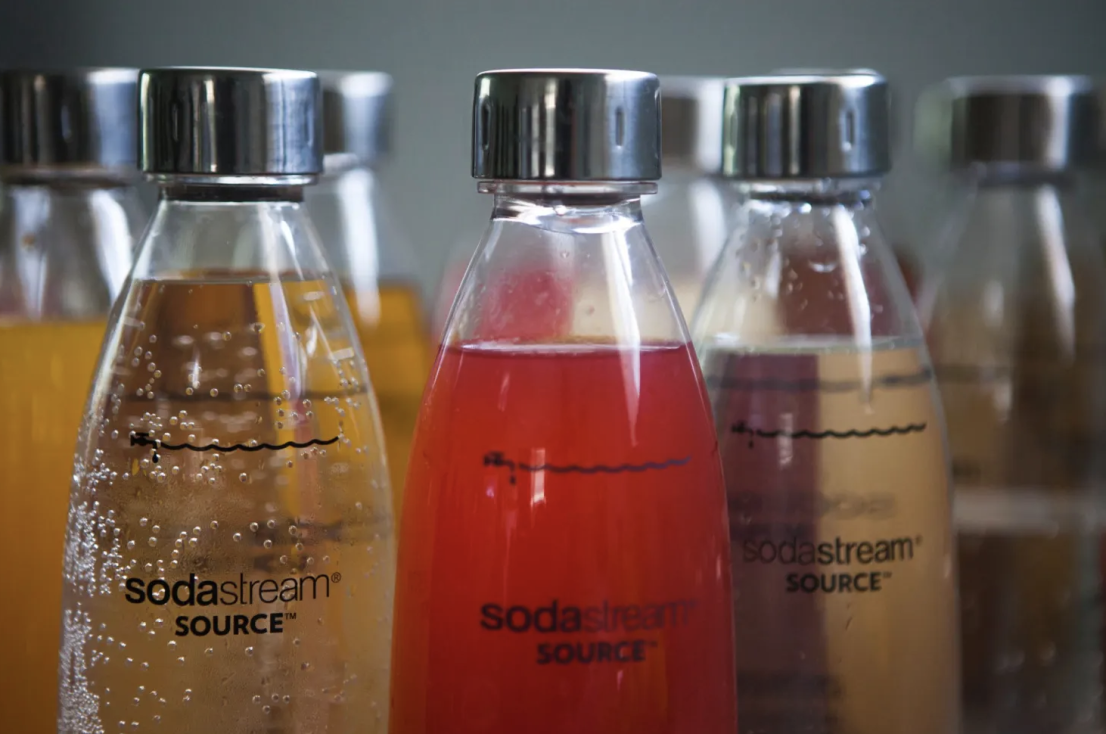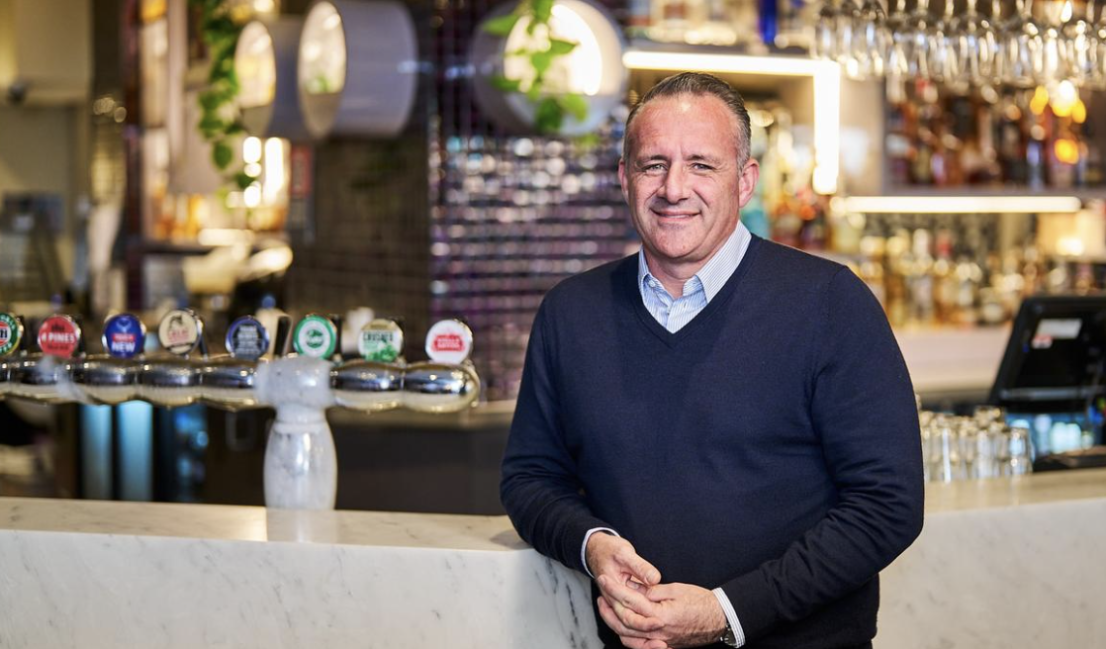
Endeavour Group chief executive Steve Donohue was on Wednesday night looking forward to a good turnout at his company’s hotels for the Matildas’ semi final against England.
Mr Donohue’s company owns the Dan Murphy’s and BWS liquor store chains, and has more than 350 hotels around Australia.
He is the latest of a number of executives this reporting season who say consumer spending is holding up better than expected after a year of interest rate rises.
In discussing his company’s results, which showed a rise in net profit for the year to June 30 of 6.9 per cent to $529 million, Mr Donohue used the word “resilience” several times when discussing the outlook for customer spending, assuring analysts that this was holding up into the first weeks of the new financial year.
“We are encouraged by the resilience in our trading performance,” he said.
“Whilst not immune to shifts in consumer sentiment and economic conditions, trading has been resilient across the final quarter of F23 and in the first six weeks of the new financial year,” he said of the company’s retail business.
Analysts were disappointed that the company’s results came in lower than the market’s expectations of around $543m and as a result its shares slid.
With interest rates still rising the market is watching closely for further signs of a slowdown in consumer spending.
The good news for Endeavour shareholders was that Australians are heading back to hotels to socialise, post Covid-19.
The company, which operates the ALH Hotel Group, sold 86,000 meals across its premises on Mother’s Day and reported it had sold 172,000 tickets to events over the year.
But sales from its retail outlets were affected by the big fall off in online alcohol sales which boomed during Covid-19.
The company’s e-commerce sales of alcohol jumped from $500m in the 2021 financial year to $1bn in the 2022 financial year but came down to $850m in the 2023 financial year.
Mr Donohue is not worried about this, and regards it as natural shift back from the Covid-19 period.
The results of the group, which is the largest owner of gaming machines in the country, are also affected by changing regulation of the industry which are being tightened around Australia.
Looking ahead, Mr Donohue said the company could do well in a more cost-conscious world, whereby consumers were opting for the Dan Murphy’s assurances of offering the lowest prices for alcohol and people would head to pubs for meals rather than expensive restaurants.
Signs that inflation and interest rates might be near their peak were helping to keep up confidence, heading off fears last year and earlier this year of the economy falling into a recession.
WAM Capital lead portfolio manager Oscar Oberg told a client briefing on Wednesday that the Australian market was already pricing a recovery in consumer-exposed stocks given that investors generally looked between 12 and 18 months ahead.
“Don’t get me wrong, the economy is going to have a very tough period, but all the feedback we get on the ground is we just need confidence,” Mr Oberg said.
“The consumer just needs confidence that rates are going to stabilise.
“From our perspective we’re not even looking for interest rates to fall, we just need them to stabilise and people can readjust their budgets and then start spending again.”
In the minutes of the latest Reserve Bank board meeting released this week, the central bank noted that the Australian economy was expected to grow “well below its trend pace” for the rest of this year. Growth was expected to trough at 1 per cent by the end of this year before gradually picking up to about 2.25 per cent by the end of 2025.
The RBA has been watching the fall in retail sales in June, but noted that this followed an increase in May – and that the volume of retail sales has been “essentially unchanged since September 2022”.
But it noted that the economic slowdown and higher interest rates was having very different effects on households, depending on their exposure to debt.
The relatively tight labour market had also put a floor on consumer confidence although wages were still growing.
But while a recession is not on the cards, the outlook is far from certain.
There have been quiet lay-offs across sectors such as financial, tech, and the building and construction industry – which have yet to play through into the broader economy.
The net impact for companies is the need for a critical focus on cost control going forward.
At its analyst briefing, Mr Donohue was quizzed about his company’s cost reduction plans.
The company’s profit rise came on the back of only a 2.5 per cent rise in sales to $11.9bn.
Mr Donohue was frank about his strategy. “We like to grow our bottom line faster than our top line,” he said.
This could be a mantra for the broader corporate Australia.
He pointed out that the company had made cost savings of $90m in the two years since its demerger from the Woolworths group and was targeting another $200m over the next three years.
With wages and other costs rising, the ability of companies to hold down costs would be a critical factor in underwriting profits in the year ahead.


